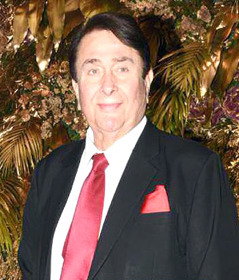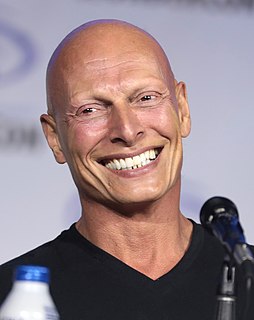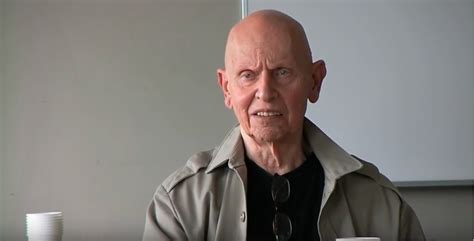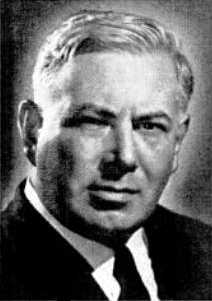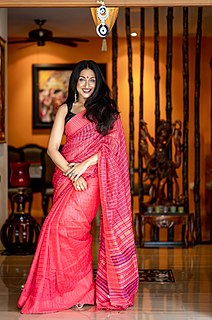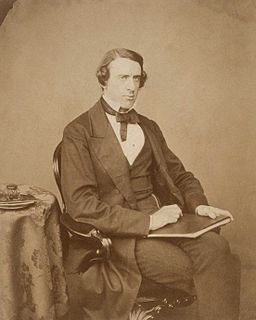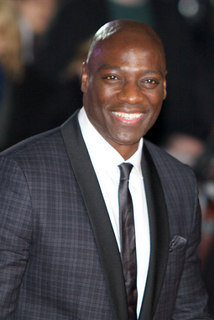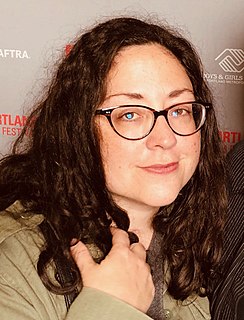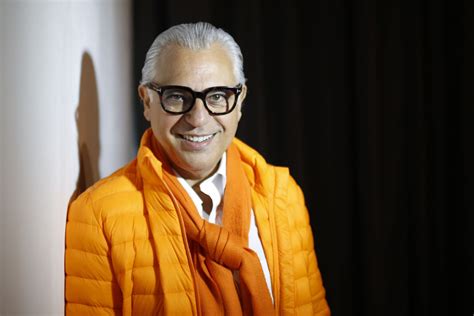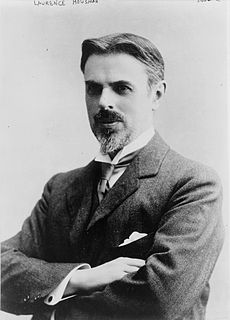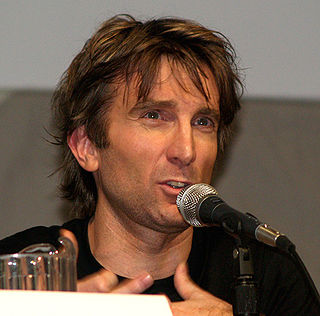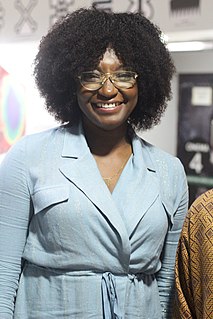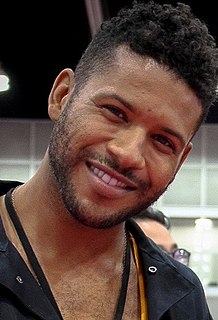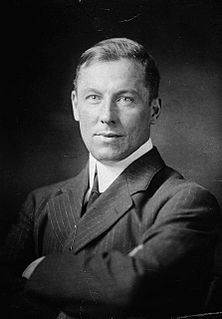Top 1200 Literary Characters Quotes & Sayings - Page 20
Explore popular Literary Characters quotes.
Last updated on November 5, 2024.
I had my boundaries and restrictions of doing films so I stopped working in the eighties. This was an era when films were more action oriented. Most of the characters cast in the pivotal roles were either daakus or police inspectors. My face suits neither of these characters. I cannot look like a daaku, so acting had taken a back seat.
My favorite part about working in theater is the rehearsal process. I absolutely love the rehearsal process. Working out the characters, figuring the character out, and the relationships between the different characters. I love all of that, which, unfortunately in film, you get very little opportunity to have.
My whole theory about why I couldn’t find any creators who realized they were leaving out female characters is because they were raised on the same ratio. I just heard someone the other day call it either ‘smurfing’ a movie, which is when there’s one female character, or ‘minioning’ a movie, which is when there’s no female characters.
A TV show has to be a certain length and, you know, you have expectations from the viewers. You know, you want to see the characters again, or you want to see certain dynamics between the characters or certain kinds of storylines. And you kind of figure out how to best fit what you want to say into that format.
When I decided to write a novel about Istanbul, I thought I should put the different faces of Istanbul into one book. I also put the characters in a cell, and it's three stories underground, rather than on the surface. The characters have one Istanbul, the other one is above ground. One is in dark, one is in light. That kind of contradiction - those opposite sides - creates a great energy in Istanbul.
I once had an editor advise me, as I was revising one of my early novels, to add more characters. I played around with the idea. As soon as I'd decided a few fresh faces and give them something to do, I realized that what my editor had really asked for was more plot. Ding. More characters equals more action.
It's easy to feel like you don't have any control over yourself or your life or your body as a teen - everything is changing so fast, and a lot of it feels so outside of your power. I think that's why a lot of teens form really strong attachments to fictional characters or celebrities, draw their own characters or write themselves into fan fiction.
People do tell a writer things that they don't tell others. I don't know why, unless it is that having read one or two of his books they feel on peculiarly intimate terms with him; or it may be that they dramatize themselves and, seeing themselves as it were as characters in a novel, are ready to be as open with him as they imagine the characters of his invention are.
I think that the next album is specifically for sure from Cry Baby's perspective, but it's not necessarily about her family-life or her love-life, or anything like that, it's more about this place in this town. The place has different characters in there, so in every song there's gonna be different characters that appear.
Certainly, I look for different characters 'cause I always like to keep people guessing, and I also don't like to get typecast. I made a concerted effort, last year and this year, to get a range of characters, just to show people the range that I have, and for them to be able to see the artistry beyond the color.
I've made the decision to adhere to three general truths when it comes to my novels: There will be a love-story element to the story, the novel will be set in eastern North Carolina, and the characters will be likeable. Then, I make each novel unique through differences in voice, perspective, age and personalities of the characters, and of course, plot.
Sometimes, when actors reach out to their characters, they're nowhere in sight. They need to find something inside of them. And then the characters are right there. As a director, I want them to find the character that's already inside them, instead of trying to manufacture or manipulate or make something up. That's not really honest or true.
I have played several characters that are crabby and cranky. I don't know if I'm just not a very well-developed human being or if I don't know myself very well, but I tend to find I can take on elements of the characters that I'm playing. When I was playing a character like Becky Freeley in Miss Guided found that I was insanely positive and happy all the time.
It's so important to create roles and characters and projects that feature black people in a way that's not specifically targeted toward the niche market, which is, like, a black movie is created and it's produced and pitched so that only black people will watch it ... I want to see dynamic characters and roles that everyone wants to watch.
It makes it very easy. I have a beginning, middle, and end, and I don't film for long - about 20 hours usually for a two-hour film - so it's easily watchable in a week for me and the editor. Once I know who the characters are, I only film those characters, unless somebody else forces their way into the film by a scene happening to them or we meet them by chance.
I'm not interested in going to casting after casting, trying to get into that game. So there is a part of me that knows that I will do more characters, even if I have to produce those projects myself to get those projects out there. If the right characters come along, I would love to. I would jump at the chance.
The script in many ways is limiting and novel is liberating. You get to go into the heads of your characters and their background and have fun with them; something you are discouraged from doing with a script. With the novel, I can tell you what the characters are thinking, I can tell you their view of the world, background information, things I wouldn't dare touch in the script.
I feel like, for so many years in the industry, LGBT-identifying actors were told to play small or water themselves down or 'butch it up,' whether you're a male and you're only going out for straight characters because gay characters aren't being written, or you're a woman and you're told to 'femme it up' to play the leading lady role.
One of my favorite scenes in Fellini is the ecclesiastical fashion show in Roma, and the end of 8 ½, when all the characters in the life of Guido, Marcello Mastroianni, get together and do this grand procession. That was on my mind, especially at the 45th anniversary, when all those characters in Valentino's life returned to Rome. I kept watching that and saying, if only we can arrange that grand procession at the end...and it kind of happened.
I haven't got anything against films that are about the minutia of relationships or customs, but I love extremes. I love taking a bunch of characters and it usually is a bunch of characters, and you throw something at them that's usually extreme, like a bag of money, or you send them out to explode a nuclear device on the surface of the sun. And those extremes are wonderful for drama.


